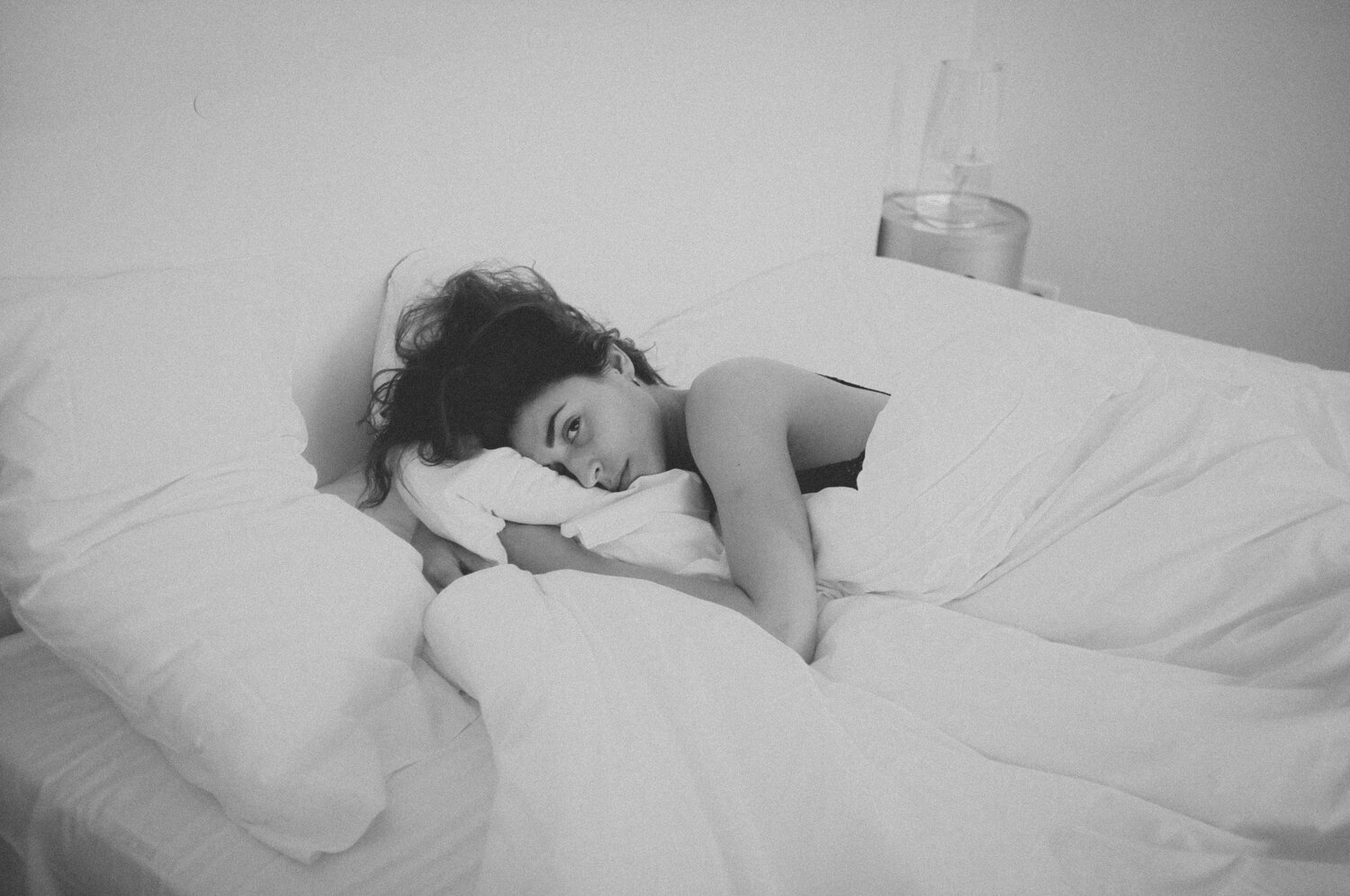An important first step to a good nights sleep is to look at your sleep hygiene. This should include:
- Setting a sleep schedule, fixing a bedtime and wake up time.
- Go device/electronics free 60 minutes before bedtime
- Have a consistent nightly routine. A 30 minute wind down period that may include reading, stretching and relaxation exercises. If after 30 minutes, you haven’t fallen asleep try stretching or reading in a low light before trying to fall asleep again.
- Make sure your sleep environment is calm and free from disruptions, light and noise. The temperature of your room is just as important as the comfort of your mattress, pillows and bedding. You don’t want the room being too hot or cold.
Daily habits play a role in sleep as well. It is recommended that you cut down on caffeine in the afternoon and evening. Don’t eat a large meal or anything spicy late in the day and limit alcohol consumption.
As mentioned, there are many reasons for poor sleep, but the side effects are the same: irritability; anxiety; headaches; muscle tension; daytime drowsiness; trouble concentrating and digestive issues.
Help is at hand. Acupuncture is a natural way to treat sleep disorders. It addresses the root cause. Regardless of what a patient may be receiving acupuncture treatment for most comment on how their sleep has improved.
Once you have your sleep back on track you should experience an increase in energy, improved concentration and memory, decreased anxiety, decreased irritability, less headaches and improved digestion.







